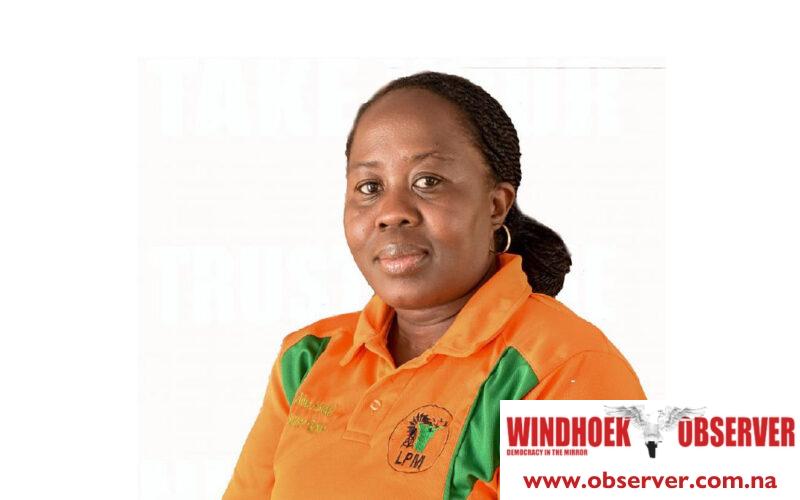Erasmus Shalihaxwe
Landless People’s Movement (LPM) member of parliament Aina Kodi urged the Minister of Health and Social Services, Esperance Luvindao, to prioritise fixing medicine shortages, staff gaps, and failing infrastructure before rolling out electronic health platforms.
Kodi raised these concerns in Parliament during the debate on the Ministry of Health and Social Services’ N$12.3 billion budget for the 2024/25 financial year.
This follows the ministry’s plan to place digital systems at the centre of its budget allocation for 2025/26.
Presenting the health vote this week in the National Assembly, Luvindao said the goal is to modernise healthcare and improve access, especially in remote areas.
However, Kodi said, while the move toward digital health systems is commendable, the timing is wrong.
“The emphasis on smart systems is a distraction from more pressing needs: hospitals don’t have enough beds, wards are overcrowded, and staff shortages result in long queues and substandard care.
Without resolving these structural issues, digital platforms will either be underutilised or fail entirely,” she said.
She added that many health facilities still struggle with basic ICT infrastructure, inconsistent electricity, and no internet, especially in rural areas where digital services are needed most.
Kodi criticised the minister’s motivation statement for not addressing incomplete projects, unspent funds, or ongoing issues like medicine shortages, broken equipment, and poor facilities.
“Without credible mechanisms for monitoring and evaluation, budgeting becomes a ritual rather than a strategy. Namibians deserve accountability for how their taxes are spent, and Parliament must demand performance reports tied to clear indicators before approving further allocations,” she said.
She also pointed to the gap between government announcements and funding. Despite the ministry’s approval of 11,742 new positions, the current budget only allows for the recruitment of 434 health professionals.
Kodi said this undermines existing and new facilities and raises questions about the government’s planning.
Kodi further criticised the lack of funding for structured programmes targeting mental health and chronic diseases, despite the growing burden of conditions like depression, substance abuse, hypertension, diabetes, and cancer.
“These conditions are among the top contributors to morbidity and mortality, but are largely missing from strategic priorities and spending plans. Mental health, too, is given only token attention. While the idea of a national rehabilitation centre is introduced, there is no funding roadmap or strategic integration with existing services,” she said.
She called for a nationwide community mental health framework with trained personnel and proper referral systems.
“Ignoring these areas of disease will only result in higher future costs, both financial and human,” Kodi said.




